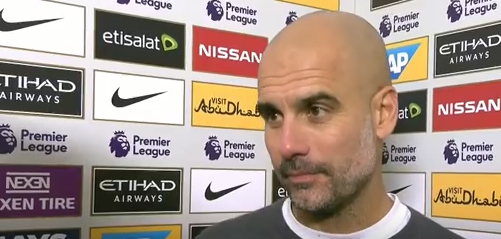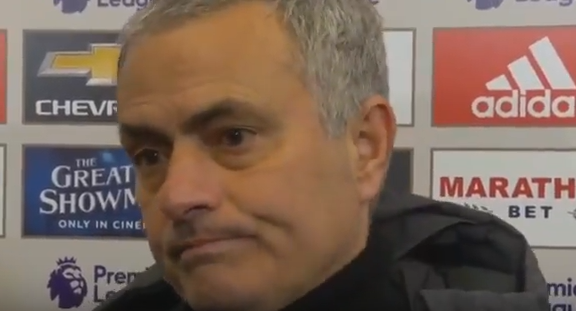Have we reached peak Guardiola?
The opening question is one no Premier League manager has ever been asked.
“Congratulations on your 16th win in a row, how would you describe the performance?”
“It was solid, it was good.”
He focuses on the strengths of Tottenham.
“A team so demanding to be intense without the ball, because they play so good. Dele Ali, Eriksson, Dembele, Winks – they have good quality.”
“I am satisfied we beat one of the best teams in the Premier League.”
Given the opportunity to talk about the character of his team, Guardiola focuses on their work rate.
“Without the ball we are a so, so humble team.”
“You see the performance of Kevin De Bruyne. You cannot imagine how good he is with the ball, but you see how he runs.”
“If one of the best players runs like a player in the Conference then it is easier for the manager and the club.”
After 16 wins in a row, everything is easier for the manager and the club.
Leadership communication lesson
Any effective leader knows it is the behaviours of their team that determines their relative success. In their communications it should always be clear what the audience is being asked to do. By using Kevin De Bruyne as an example, Guardiola is clear on the behaviour he expects from all his players and it is a behaviour accessible to all his players. De Bruyne’s appreciation of space and movement may be inimitable, but any player can copy his work rate out of possession.



